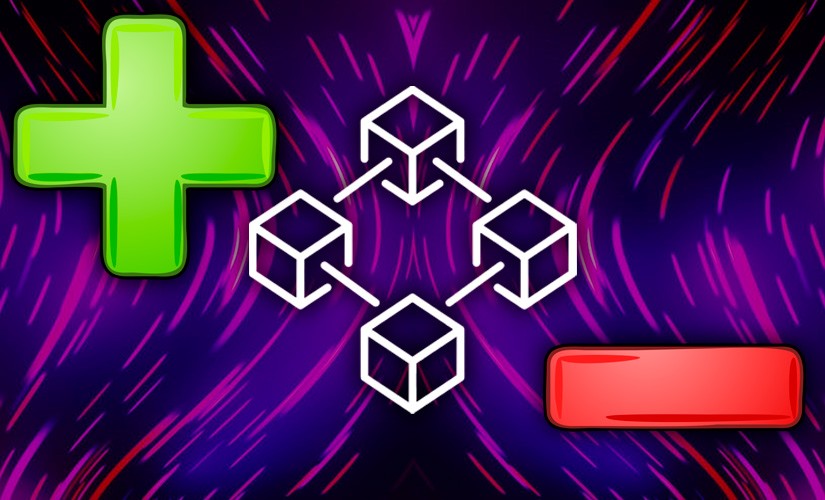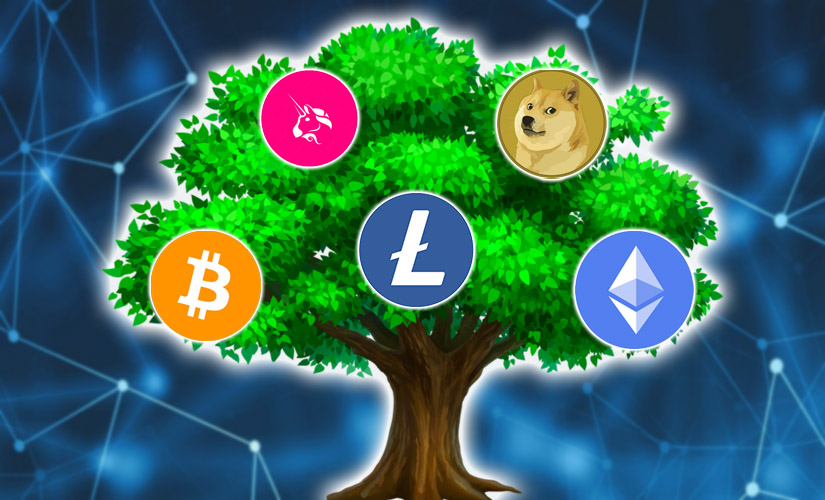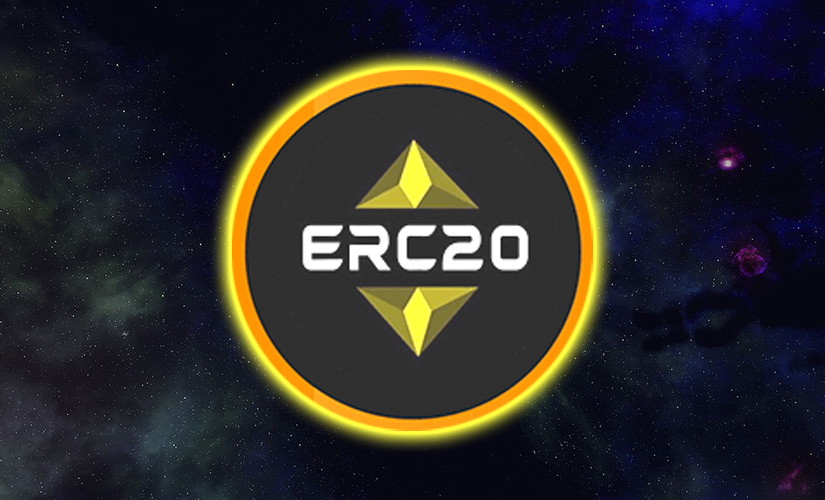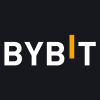Distributed networks – a way of recording and storing information that uses computers of the system participants. One of the applications of blockchain is cryptocurrency projects. However, this is only part of the capabilities of distributed networks. Information in a decentralized database is stored according to the principle of immutability. No one can delete or overwrite a record. This opens up various prospects for blockchain. Smart contracts created on its basis are changing approaches to different areas. Blockchain in tourism is one of the applications. Distributed networks can solve the problem of trust between counterparties in relations with tourists. A smart contract cannot be broken because the terms and conditions are binding on the participants.
How blockchain can benefit tourism
The recreation industry is a sector of the global economy with a share of about 5.5% of GDP (data for 2020). The recreation industry includes components such as:
- Carriers.
- Hotels, inns.
- Restaurants and others.
All industries are focused on providing tourists with what they need. Distribution of services is based on the work of intermediaries – agencies and aggregator companies. Communication between tourists and businesses in the sphere of accommodation, transportation, food, as well as in the search of information for users is improved.
Intermediaries take a commission for their work. Service aggregator companies form the market – they set prices for hotels and carriers. They do not need to change anything and lose profit.
For market participants, apart from intermediaries, there are 3 areas that will help to improve relations between service providers and tourists:
5020 $
bonus for new users!
ByBit provides convenient and safe conditions for cryptocurrency trading, offers low commissions, high level of liquidity and modern tools for market analysis. It supports spot and leveraged trading, and helps beginners and professional traders with an intuitive interface and tutorials.
Earn a 100 $ bonus
for new users!
The largest crypto exchange where you can quickly and safely start your journey in the world of cryptocurrencies. The platform offers hundreds of popular assets, low commissions and advanced tools for trading and investing. Easy registration, high speed of transactions and reliable protection of funds make Binance a great choice for traders of any level!
- Trust between counterparties.
- Reducing the share of intermediaries in the price of the tourist product.
- Reducing the distance between service providers and service users.
Communication between counterparties
Trust is the basis of the tourism business. The operator solves problems, answers travelers’ questions. This is important when going on vacation to other countries. The tourist should be confident in the operator, in his ability to provide a comfortable vacation.
Smart contracts based on blockchain solve issues at once. The user sets a search for a country or city of vacation, receives options for the cost, in the invariability of which he will be sure. The requirements and conditions of each party will be recorded in a distributed database.
Smart contract will protect the economic interests of each participant in the tourism business. This is currently handled by operators.
Convenient interaction between supplier and consumer
The state of affairs in the market implies several levels of intermediaries between the hotel and the end user. Global distribution networks operate in the world. They connect service providers, i.e. hotels and carrier companies, with agents – sellers. This is one level of connection between the tourist and the organizations ready to provide recreation.
Then there are aggregators that also collect information from hotels and provide it to users. They can work with travel agencies or directly with the end consumer of services.
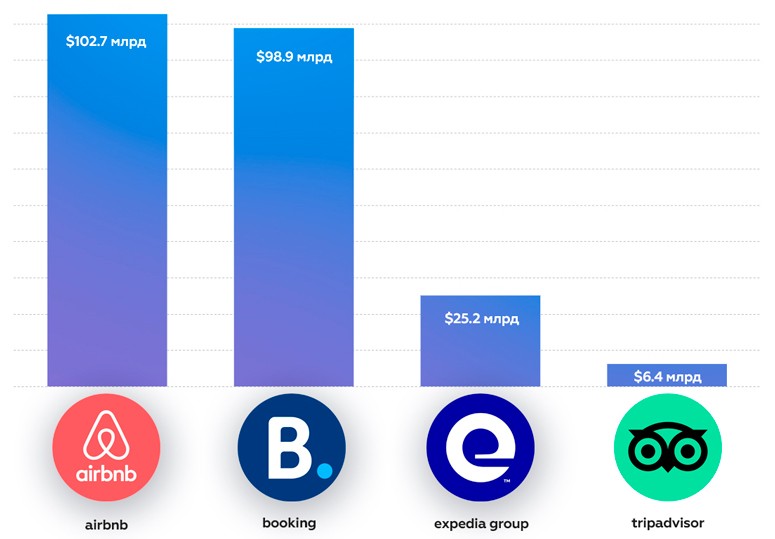
For the interaction of these levels, there is a block of gateways. These are information systems that ensure the operation of channels for the sale of tickets, rooms, tours. Thanks to gateways, the hotel does not sell one room several times through different operators.
Blockchain in tourism will work on the principle of an aggregator, uniting service providers and users. Hotels and carriers will be able to register on the network, buy tokens of this platform and make transactions with users.
Reducing the price of travel products
Each tier of intermediaries earns a commission, which ultimately falls on the consumer of the service, i.e. the tourist. Find a hotel or airline website, book a ticket, take a cab at the airport and be ready for force majeure in another country is not difficult. You can save money, but not much. After all, the giants of the travel industry themselves form the prices. For example:
- A hotel sells rooms.
- The travel agency sets a commission, increasing the cost of accommodation.
- The hotel under the cooperation agreement cannot sell services through other channels cheaper.
- The price of the room rises by the amount of the agency’s commission, but for all users.
The blockchain platform will allow to get rid of intermediaries’ markups. Operators, hotels, transportation companies and other participants will receive profit for selling services. Creators of the blockchain platform will earn on the growth of assets. The application of the decentralized network is related to the issuance of tokens. The price of the company’s assets grows and their capitalization increases.
Blockchain will reduce costs for the end user, allow users to earn money. At the same time, Internet agencies, which have divided the market into parts, may lose income. For them, the development of technology will mean lower revenues.
An example of using blockchain in tourism
Despite the visible advantages, the implementation of decentralized databases is still far from being realized. Serious players in the tourism sector do not see prospects for themselves. It is difficult for smaller companies to adopt blockchain and convince other market players to adopt. It will take time before operators, hotels, and airlines see the technology’s prospects. Among the directions of blockchain implementation in the travel business is worth highlighting:
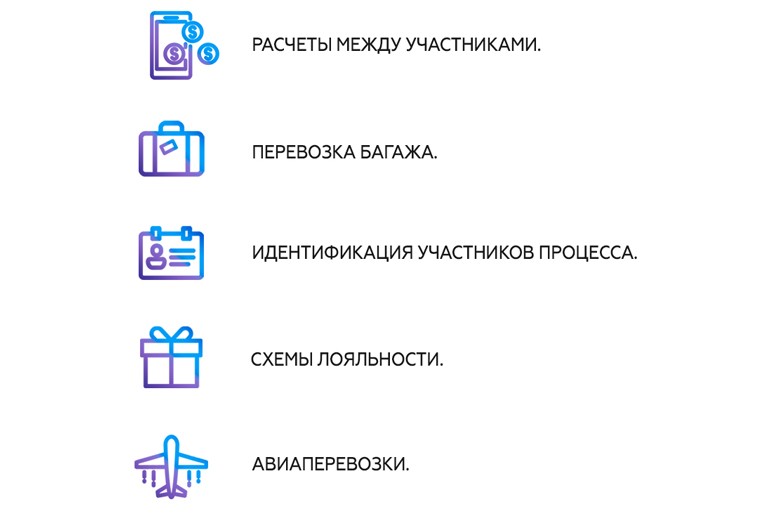
Payments
Money transfers between participants of the tourism market are associated with certain difficulties. For this purpose, bank cards of different systems (Visa, Mastercard) are used. There is a double conversion between the currency of the host country, the national currency of the tourist’s home country and the US dollar or euro (depending on the payment network used). Cross-border transfers are expensive and the tourist loses out on commissions. Blockchain will simplify payment, ensure the acceptance of cryptocurrency.
Luggage
Transportation of passengers is one of the main tasks of the tourist business. To save space in the salons, luggage is transported in cargo compartments. Often there are situations when a suitcase with things can fly away to another place. It is possible to track and control luggage using a decentralized network. A single blockchain will allow operators to utilize the database. The problem of lost luggage will be largely solved.
Identification services
A flight or a trip to another country involves a check-in procedure. This happens at all stages: at the airport, at the hotel. It takes a lot of time to identify the tourist. In the event of a failure in the program, problems may arise. The traveler will not get on the plane or will not be able to cross the border of the country of arrival.
Blockchain in tourism will simplify identification services. A single database with participant access will allow for quick check-in of airplane passengers or hotel occupants. This can be done using different identification methods, such as fingerprint, retina or facial scans. These methods have been implemented for accessing mobile gadgets, paying for goods through apps, in other areas.
If blockchain is used for identification, the user of the system by any principle (fingerprint, retina) will get information about the tourist, register or deny access to the country.
Loyalty schemes
Travel companies use programs to attract customers. Loyalty schemes allow them to work with people who already know the level of service and are satisfied with everything. Blockchain will help keep track of such customers. Users will have access to information about discounts and points for trusting one company. For this purpose, the tour operator can issue tokens that serve as access for customers. A distributed peer-to-peer system will eliminate fraud by the company or users.
Decentralization of air travel
Air transportation is relatively recent compared to other modes of transportation. At the same time, there are certain difficulties in its use. The problem lies in the complicated system of registration for a flight, frequent delays, cancellations and other difficulties that everyone who flies on vacation has encountered.
A large number of carriers, lack of interaction between them, overloading of some airports – this is a small list of problems in air transportation. Companies use different data processing systems. This leads to a lack of communication between airports, carriers and passengers.
Blockchain can help in eliminating these problems in air travel. Flight information is stored in a decentralized, distributed database. It can be accessed by all participants. Blockchain will provide accurate information, improve flight planning, scheduling and airport operations.
Travel market participants today
Different types of vacations are in demand – trips to shopping or entertainment centers, sightseeing, trips to the mountains or the sea. Regardless of the destination, the participants in the tourism market do not change:
- Transportation companies – responsible for transporting people to and from their vacation destinations.
- Hotels and other accommodation establishments – provide the necessary level of comfort for accommodation, additional services.
- Tourist companies – provide leisure activities, organize the transfer of clients to the place of rest, connect the participants of the chain.
- Intermediaries – a category of participants who provide the necessary information, influence the final price.
In the tourism market there are companies that connect the client and the rest of the participants. Intermediaries are divided into levels:
- Global Distribution Systems (GDS).
- Online Travel Agencies (OTAs).
- Information systems (Channel managers).
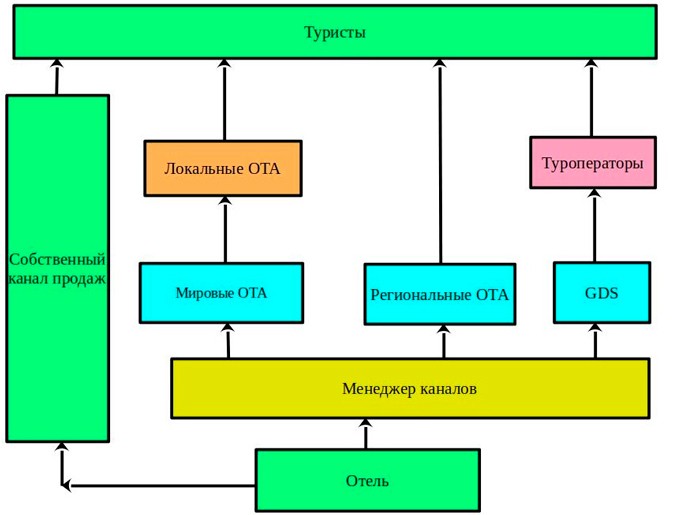
Global distribution systems are platforms that operate on a B2B basis. They connect hotels, carriers and other service providers with travel companies. Agencies are engaged in the sale of vouchers and tickets, take a commission for this and earn a part of the profit. It is profitable for hotels and transportation companies to sell services through intermediaries, as they do not need to develop their own distribution system. Of course, a traveler can directly contact a supplier and purchase a ticket, but this is a relatively small share of sales.
Travel agencies need information from service providers:
- About the number of available seats in the hotel or airplane.
- The price of the ticket.
- Additional services.
- Special features.
Each agency works with different hotels, so it is necessary to get up-to-date information automatically. Global distribution systems collect it from some market participants and provide it to others. Supplier companies via API upload their information to GDS and update it. Travel agencies receive this data and provide it to clients in a convenient form with filtering and comparison by various parameters.
GDS can also provide hotels and local airlines with tools for data management. In this way market players are connected through global distribution systems. Examples of GDSs:
- Amadeus.
- Travelport.
- Sabre.
The services of distribution systems are paid for by suppliers and agencies. These costs are borne by the tourist or traveler. And he pays even if he buys a ticket in a hotel.

Online travel agencies are global leaders. OTAs connect hotels and end users of services. In parallel, many companies connect to GDSs and get information from the global distribution system.
Each of the companies owns other services, the market is divided between these giants. For example, Booking.com is owned by Priceline. At the same time, small aggregators can get information from second-ranked OTAs.
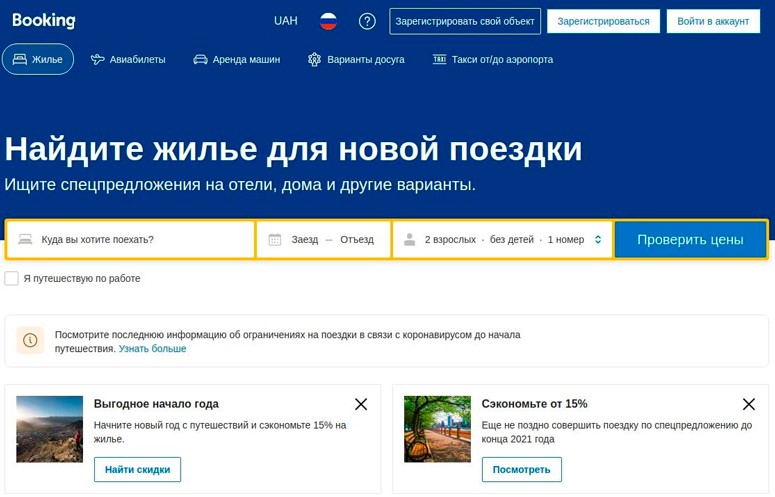
The income of online travel agencies lies in commissions from hotel bookings. They set a minimum price value. Below this amount, hotels cannot sell tickets to a tourist even directly. It turns out that GDS and OTAs form prices for the services of market participants, regulate their size, and do not allow to pay less. Whatever service a tourist uses, the result will be the same.
Channel managers – information systems that serve as gateways to connect other market participants. A hotel can use the services of different agencies, sell tickets through GDS. It is difficult to manage booking, sales and payment in this case. But you need a system that will help to avoid chaos in trade. Channel managers are used for this purpose.
Blockchain in tourism can change the existing order of things, simplify sales, reduce costs. It should be taken into account that GDS are monopolists in the market. These companies do not need to change anything, their owners are happy with the situation. Everything is working, profits are growing, and the channels are proven. Switching to blockchain is an unnecessary expense that may not pay off. It’s a reorganization of the entire industry.
OTAs are putting more effort into customer engagement, working with end users. They periodically modernize websites, create mobile apps, rebrand, and so on. The main OTAs are also monopolists in the market, and the fight is for users’ clicks on the Internet. Huge advertising budgets are allocated for this, but no one is considering an innovative approach – the use of blockchain.
To fight against the current situation in the travel services market, we need a third powerful force that can compete with OTAs and GDSs. The current IT giants are not interested in this. Moreover, Google or Facebook get their part of the profit from advertising companies, they do not need to change anything.
Promising projects in tourism
Blockchain is an innovative technology. Its use in tourism is promoted by various projects. Among the well-known startups, several companies are worth highlighting.
| Company | Description |
|---|---|
| LockTrip | The startup has built a blockchain network, the participants of which are hotels and inns. They rent out real estate, and the platform helps manage different processes (payment, booking). There are no intermediaries and commission fees. |
| Winding Tree | A decentralized system of travel services. It is based on the Ethereum blockchain. The company’s activity allows you to manage luggage during air transportation, book tickets for flights. The processes are characterized by simplicity, transparency and reliability. |
| Ariva Co. | Worldwide B2C network, provides a selection of travel services based on reviews. The project also provides contacts and helps book accommodation using cryptocurrency. It popularizes the use of digital assets in tourism. |
| Travala.com. | A blockchain-based accommodation booking platform. It uses its own token AVA. |
| Aeron | Introducing new solutions in the aviation security industry |
The future of tourism and blockchain technology
Innovation over time can penetrate any environment, even a very conservative one. Blockchain attracts developers and users with its reliability, trust, security, and speed of transactions. Many projects are being created, but not all of them have a practical component. Some startups are scams, some are nothing. Few are able to interest large service providers – carriers, hotels, agencies.
Blockchain in tourism will ensure the introduction of another element of the digital world – cryptocurrency. Payment with bitcoin and other coins is easier and faster. Cryptocurrency can become the basic unit in payments for services of agencies, hotels, air transportation.
Summary
Tourism occupies a large share in the world economy in terms of turnover. This is a monetary sphere in which large companies operate. They adhere to traditional approaches to doing business. This state of affairs suits the global players. Competition is conducted in the sphere of attracting new customers through the Internet. Huge advertising budgets are being utilized, which are shared by providers and suppliers of IT services. None of these companies are interested in implementing blockchain and cryptocurrency. This will lead to a drop in revenues and possible loss of position for the participant who took a risk on innovation.
Blockchain in tourism is being introduced mainly by young companies and startups that are just entering a highly competitive market. New technologies are a tool in the fight for share with traditional businesses in the entertainment and leisure industry.
Frequently Asked Questions
🤔 Who can implement blockchain in tourism?
Is it something that existing players in the market or a new company that wants to compete with global corporations can do.
❓ Why is there such a complex structure – GDS, OTAs, Channel managers?
Global distribution systems originated in the 1950s in the United States. Initially they worked in air transportation. Later they began to include hotel business, car rentals and other related areas.
💵 How is cryptocurrency better than fiat money in tourism?
Service providers can be located in different countries, coins and tokens are easier to pay with. Cryptocurrency enables cross-border payments with low fees (compared to traditional banking systems).
⏳ When is blockchain adoption in tourism possible?
There is no unambiguous answer to this question. Global companies are not interested in innovation, and small startups do not have the resources for global change.
✅ What approaches are used in the implementation of blockchain in tourism?
There are 2 directions of decentralized databases. Enhancing traditional loyalty marketing systems with blockchain and implementing innovative technologies. Startups and existing companies choose one of the directions for implementation.
Is there a mistake in the text? Highlight it with your mouse and press Ctrl + Enter
Author: Saifedean Ammous, an expert in cryptocurrency economics.



